|
What can Succession can teach us about the craft of worldbuilding? By Ian Long Succession’s first episode begins with an elderly man stumbling out of bed in the middle of the night. “Where am I?” he mutters. “Where the fuck am I?” The light is so dim that we can hardly see the room he’s in, or anything in it. We can barely even see the man (“Where are we? A prison cell? A maze?” the script asks). The man is Logan Roy, owner of Waystar RoyCo, “the fifth largest global media and entertainment conglomerate in the world”. But we don’t know that yet. He could be any bewildered old man, stumbling in a fog of confusion, and we’re stumbling in the fog with him. There’s a liquid patter, and we realise that the man is urinating. A light comes on, and we see that the floor he’s fouling is thickly carpeted. A woman in a nightgown appears behind him. “It’s okay, Logan,” she says. “It’s okay. We’re in the new place.” Her manner suggests that she’s used to this kind of thing. She gently leads him away from the wet patch. It’s powerful, disorientating story-telling, and suggests that the series will take a very particular approach to the craft of narrative. Primed, I kept a lookout for further queasy moments - and outpourings of bodily fluids. Sure enough, roughly ten minutes later, Greg Hirsch, Logan’s hapless, bumbling great-nephew, who’s working as a costumed mascot in one of the family’s theme parks, unwisely smokes a joint before donning his costume. He gets dizzy when a child unexpectedly begins to climbs on him, and is unable to take off his over-sized plastic cartoon head before being violently unwell. Which brings forth the plaintive exclamation: “Eww! He’s puking out of his eyes!” The opening scene forces us to lean in to the story, to try and make sense of what we’re seeing. It’s a challenge – and a statement of intent. “If we’re going to show you something this intimate straight off the bat,” it seems to say, “you can see we won't flinch from any of this family’s deepest, darkest secrets. Wanna come along for the ride?” After this, every painful, cringe-worthy exchange, every eruption of the human interior into the outside world, makes good on this promise, and reinforces it. Logan’s youngest son Roman ejaculates on the window of his swanky high-rise office. His son-in-law Tom Wambsgans recounts how he has just ingested his own sperm from the mouth of a woman who’s fellated him. Logan’s other son Kendall bleeds from the nose after a lengthy cocaine binge and also defecates in his bed. Logan’s daughter, Shiv, very deliberately spits on Kendall’s notebook. Logan himself continues to mutter darkly about his inability to control his bladder, to urinate in inappropriate places, and to suppress the urge to vomit with difficulty. Succession’s creator Jesse Armstrong previously co-wrote Peep Show, a dark comedy which had more than its fair share of icky moments and often sailed close to ”gross-out” territory, so it’s obviously a bit of a personal signature. One American writer sees this mortification of characters as a specifically British brand of cynicism. But how does it refer to worldbuilding? When you’re trying to create a globally popular long-form TV show or an open-world computer game, you need to think carefully about the world where your story takes place. Is it interesting? Is it new, fresh, original? Is it big enough to contain a story that can last for many seasons, or be played multiple times? All stories need to create their own special worlds. It’s more obvious in fantasy-based genres like Science Fiction and Fantasy, and yes, there’s more scope – and probably more potential for things to go wrong – in these genres. But worldbuilding is still there in seemingly ‘realistic’ forms of fiction, albeit in subtle and understated ways, and it's worth exploring exactly how this works. In these kinds of stories, it’s all about emphasis - the things that storytellers decide to bring to the foreground, and the things they withhold. It’s partly a genre thing When writers are immersed in a genre, they may not think too much about its ‘rules’ – the fact that some things can happen, some things can’t happen, and some things can’t even exist in the world they’re creating. Perhaps they’ve internalised the rules so deeply that some psychological limiting effect kicks in which prevents transgression (although many stories might be more interesting if it didn’t - as we're seeing, Succession freely mixes a number of genres to produce its special narrative effects). While simulating reality, stories actually give us carefully tailored versions of the world that hide at least as many things as they show, and which generally conform to our existing ideas of ‘what happens in this kind of story’. It’s why real life can be so much stranger than fiction. Reality doesn’t need to respect genre rules, and will happily (or, in fact, obliviously) juxtapose the most incongruous things and events. People tend not to be horribly murdered or suffer disfiguring accidents in rom coms, for instance. Protagonists rarely suffer from terminal or chronic illnesses in action-adventure yarns. Children are rarely seen in noir or neo noir movies (but tend to be very much in the foreground when it comes to horror). There is plenty of violence in Succession, but none of it is physical - it all plays out verbally, emotionally, and in terms of this strange but marked focus on the characters' yucky and repellent side. This is clearly a conscious 'rule' governing the writing. Horror is the genre most associated with ick, yuck, eww, and things that make us cringe, all of which come under the general heading of “the abject”. Succession isn't a horror story, but abject imagery is written into it at a deep level. By delving into the abject, horror wants to remind us of the things that we ignore, reject and cover up just to get through the day and fit into civilised society. The rot, refuse, fluids and effluents which are inseparable from our lives as embodied beings, but which we don’t want to think about, if we can help it, mainly because they remind us of our mortality. So why does Succession have such a big yuck factor? One author singles out humiliation as the show’s core emotion, and it's true that the threat of it (usually at Logan’s hands) marbles the Roy family’s luxurious life like veins of mould in a blue cheese. Outbreaks of the abject tend to confer humiliation on those responsible, and some characters (Roman, Tom, Kendall), are so damaged that they seem to hunger for further degradation. Even more than humiliation, though, this story is themed around, predicated on, obsessed with, one central issue. And that is death. Specifically, the death of Logan Roy, without which no ‘succession’, no handing over of power, is possible. The story's theme is written into that initial image of a bewildered old man in steep decline, out of control, regressing towards something worse than infancy. Logan Roy's physicality dominates the entire story-world of Succession. His health, or lack of it, sets its temperature and determines the lives of all the other characters. Everyone is minutely attentive to its nuances, and utterly dependent on its whims. Sometimes they want Logan to die, or disappear into senescence. Sometimes, when they see they aren't capable of replacing him, they need him to be strong (when a urinary tract infection briefly floors him during an important negotiation, they are completely thrown - even as they jeer at him for being "piss-mad"). But however quickly Logan Roy bounces back from his mini-stroke, however tough, and decisive he can still appear, however able he remains to taunt and wound his children, he is within touching distance of death, and moving closer to it all the time. It's the issue that ties everything in the series together. All the lesser instances of loss of control echo and reflect the fact of death, and Jesse Armstrong has bravely and brilliantly built the world of Succession to reveal this reality in all its squeamish detail. Lessons and takeaways There are many worldbuilding lessons to be learned from Succession. But one of the most important, overturning the cliched advice to "write about what you know", is "how to write about what you DON'T know”. Because who really knows what it’s like to be part of a family of billionaires which runs a global media conglomerate? Certainly not the team responsible for writing Succession. Armstrong assembled a talented and diverse writers’ room for the project. They did an enormous amount of research, they discussed, elaborated and rejected ideas and plotlines, they used “wealth advisers” to fill them in on the mysterious ways of the super-wealthy – the 0.003%. But mostly they relied on the writer’s most precious resources – empathy and imagination. I'm researching a worldbuilding workshop which will help writers to create worlds that best support the stories they want to tell, and I'd love to hear your thoughts.
What worldbuilding problems have you run into? Is there anything you'd ideally like to see in a workshop that focuses on worldbuilding? Let me know what you think about Succession, and the ideas in this article!
3 Comments
Lyn Hall
27/2/2022 12:12:00 pm
I read the article, but have not seen the film Succession, will check it out. It is a film I would like to watch I think. Grotesque/funny/weird.
Reply
Desi Lyon
1/3/2022 08:22:04 am
Hi Ian, thanks for the article. For a workshop on world building I’d like to look at small worlds like families where the rules we absorb unquestioningly in childhood - shape the way we are as adults. I am interested in the way we ‘normalise’ destructive family dynamics and can feel ‘at home’ in places and situations that replicate our families. Also bigger worlds for long running drama - building a compelling precinct for a series. Thanks very much.
Reply
LINDA Walton
1/3/2022 12:14:38 pm
Hi. I enjoyed reading your article too and have recently got into watching Succession having avoided it til now! I find it quite repulsive which is the point you highlight but am struggling with the dislikeability of the siblings, not really empathizing with any of them.
Reply
Leave a Reply. |
BLOGTHE ONLY PLACE TO TALK ABOUT THE CRAFT OF SCRIPTWRITING.
|
Privacy Policy © Euroscript Limited 2020

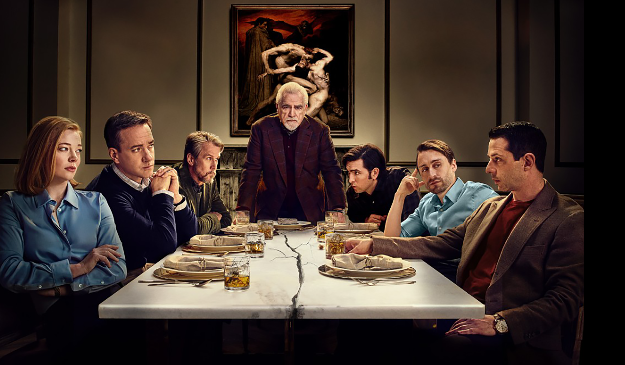
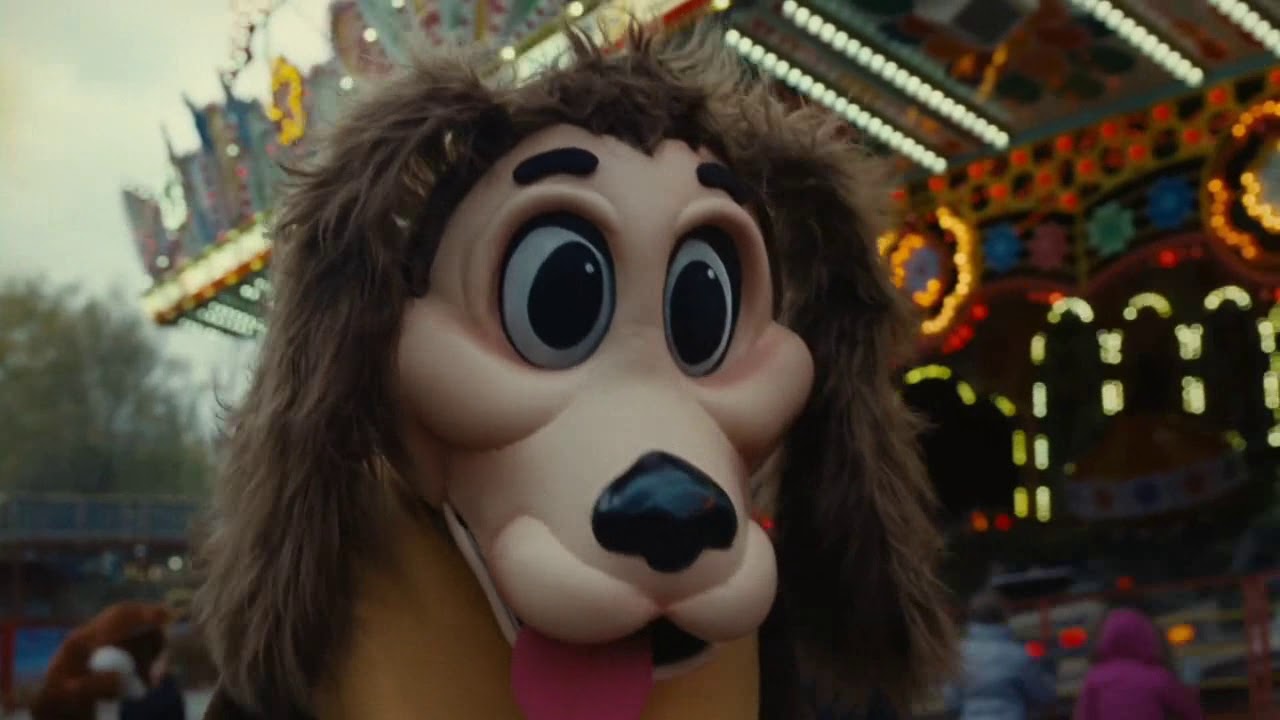
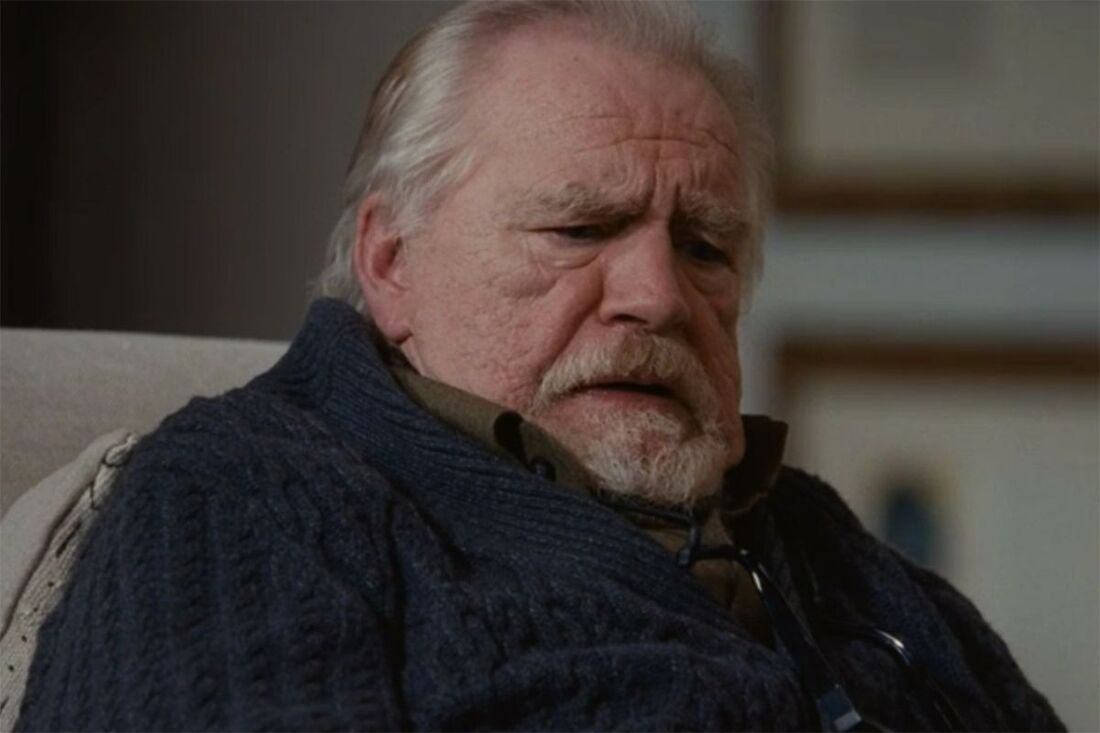
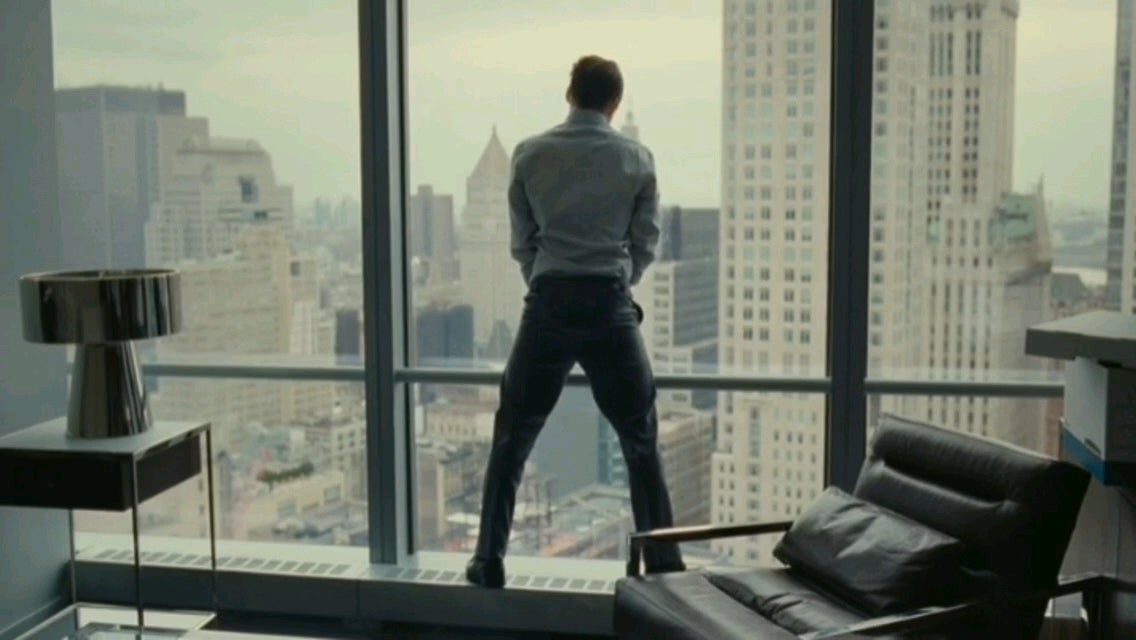

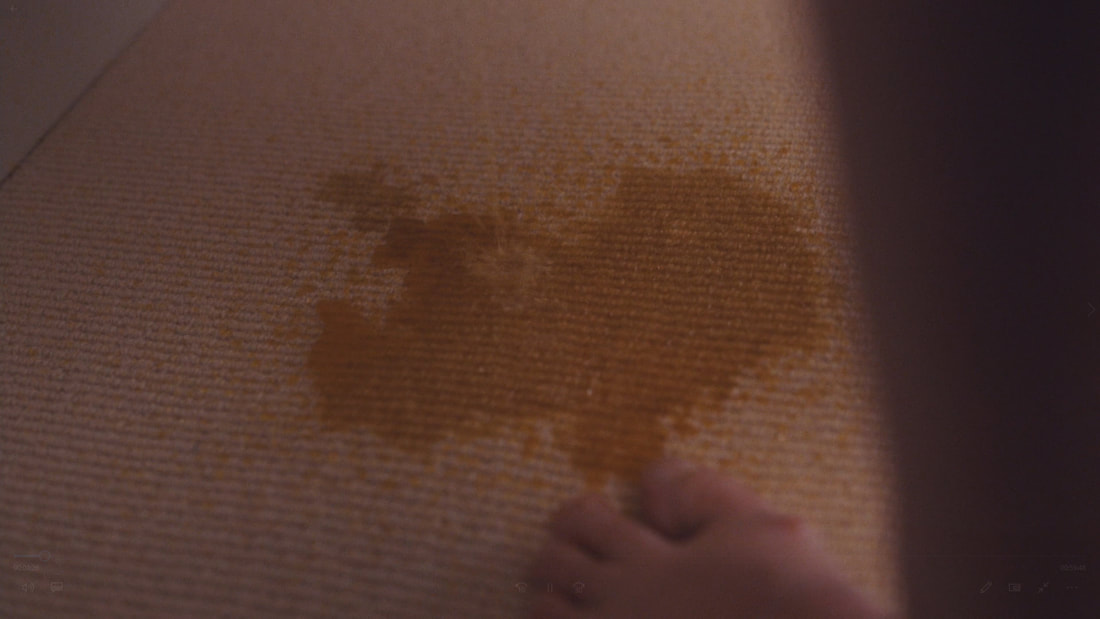

 RSS Feed
RSS Feed


